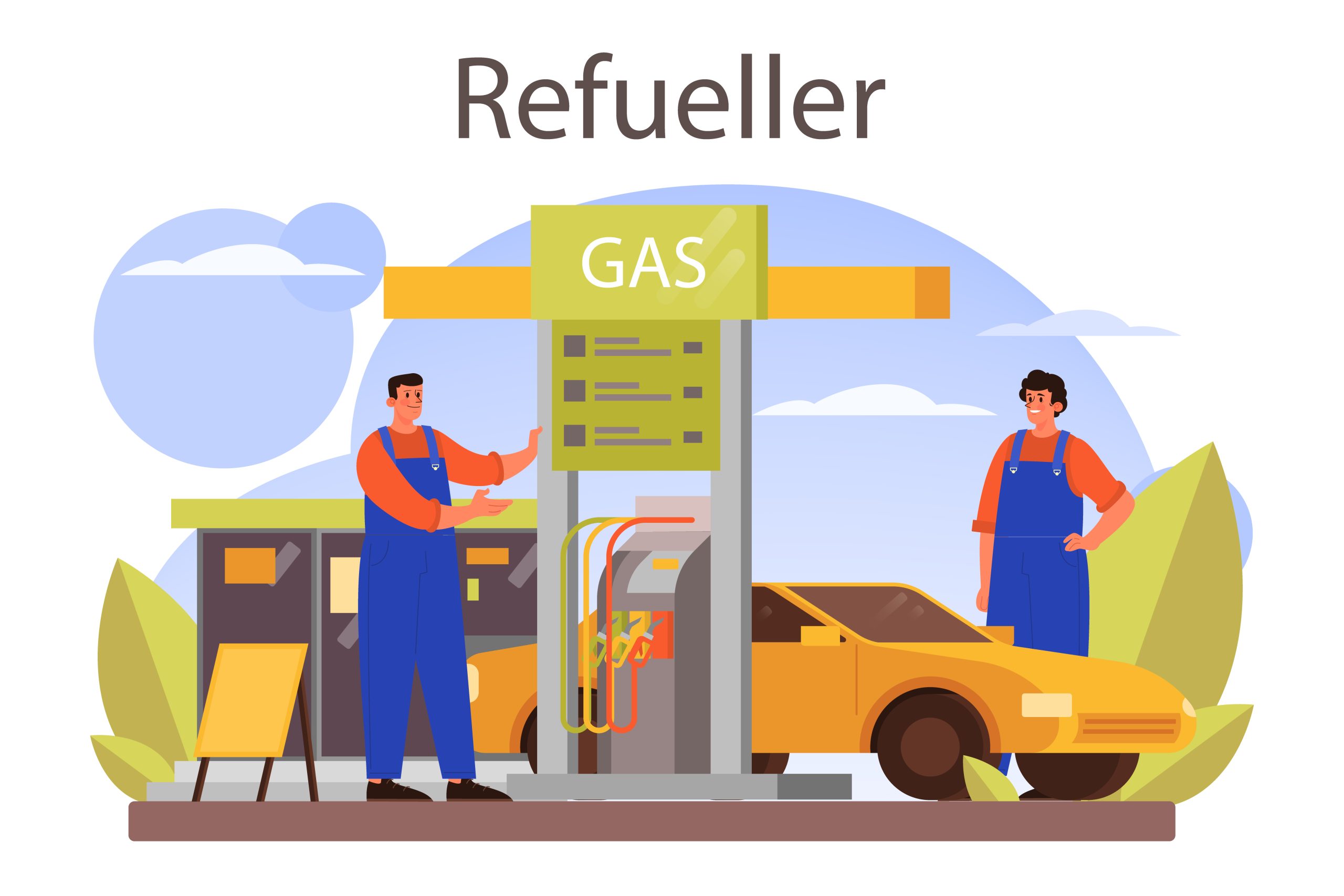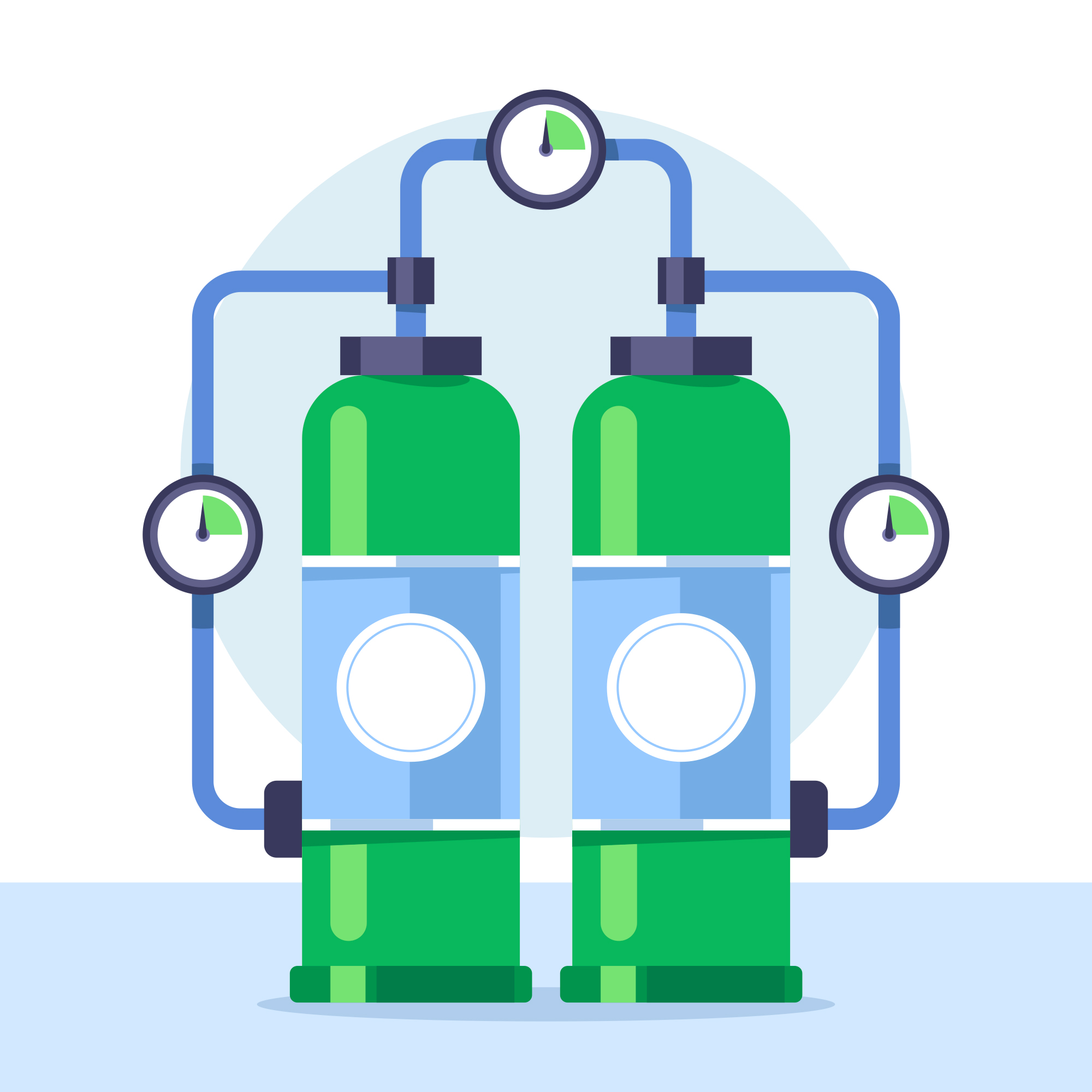What is CNG?
Compressed Natural Gas (CNG) is a clean and affordable alternative fuel made by compressing natural gas. In Nigeria, where natural gas reserves are abundant, CNG is an ideal solution to reduce dependency on expensive petrol and diesel. CNG is gaining traction as a sustainable and cost-effective fuel for vehicles and industries, helping to diversify Nigeria’s energy sector.



How CNG Works
CNG is stored in high-pressure tanks, retrofitted into existing vehicles, or integrated into new ones. In Nigeria, dual-fuel systems are popular, allowing vehicles to switch between CNG and petrol/diesel. This ensures flexibility, especially in regions where CNG stations are still growing. For example, a vehicle in Lagos can run on CNG while commuting daily and switch to petrol for longer trips outside the state.
CNG is primarily composed of methane gas, which, like gasoline, generates engine power when combined with air and delivered into the combustion chamber.
• When CNG enters the combustion chamber, it combines with air, which is ignited by a spark, and the energy from the explosion propels the car.
• CNG is compressed so that enough fuel may be stored in your car to expand the driving range, similar to a gasoline tank.
• Although natural gas may be used as a liquid or a gas, most cars use the gaseous form, which is compressed to 3,000 psi.
Benefits Of CNG
Cost Effective Fueling
With rising fuel prices in Nigeria, CNG offers a much cheaper option, significantly reducing transportation costs for individuals and businesses.
Environmental Benefits
In cities like Lagos, Abuja, and Port Harcourt, where pollution levels are high, CNG burns cleaner than petrol and diesel, reducing harmful emissions and improving air quality.
Abundant Local Supply
Nigeria is rich in natural gas, ensuring consistent availability of CNG without the need for expensive imports, unlike refined petroleum products.
Job Creation
The growth of the CNG industry in Nigeria supports job creation in vehicle conversion, fueling stations, and maintenance services.
Energy Security
Expanding CNG use reduces Nigeria’s dependence on imported fuels and enhances energy independence.

CNG VS Liquid Fuels
Are you still wondering why CNG is superior to conventional gasoline? Let us break it down for you here.
• CNG is one of the most feasible alternatives to traditional liquid fuels for automobiles in Nigeria.
• CNG costs one-fifth of super gasoline, resulting in significant fuel expense savings.
• CNG lowers maintenance expenses since it includes no additives and burns cleanly, with no combustion byproducts to pollute your spark plugs and engine oil.
• The combustion chamber parts operate at top power for extended periods before needing to be serviced. The motor oil remains pure, reducing engine wear and necessitating fewer oil changes.
• CNG is more environmentally friendly, and CNG engines are more quieter than gasoline engines due to the higher octane level.
• CNG produces fewer exhaust pollutants, and as a consequence, hazardous emissions such as carbon monoxide (CO), carbon dioxide (CO2), and nitrous oxide (N2O) are decreased by up to 95% when compared to gasoline cars.
• CNG is a secure bet since its components are developed and manufactured to international standards and monitored to ensure proper performance.
• CNG fuel systems are also sealed, which eliminates spills and evaporation losses.

